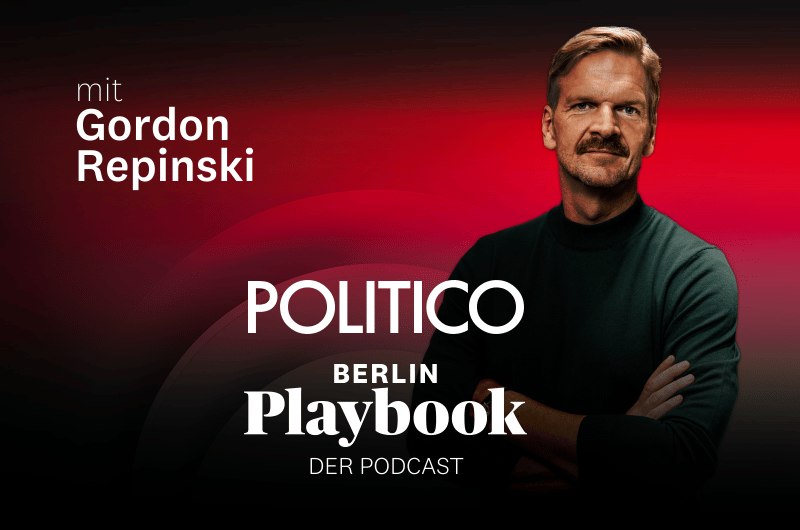

In an evolving political landscape, several pivotal developments have emerged, impacting international relations, economic policies, and governmental dynamics across the globe. These shifts are taking place amidst ongoing challenges and changes in leadership, offering both prospects and complexities.
The coalition government in Germany faces internal tensions over the nation’s energy policy. Promises to reduce the electricity tax—an important step toward easing the strain of high energy prices on households—are yet to be fulfilled. Friedrich Merz and Lars Klingbeil find themselves under pressure as the expected tax cuts remain absent from the approved budget. This situation has sparked dissatisfaction within the Social Democratic Party (SPD), further complicating the coalition’s stability. The broader political conversation now revolves around how best to reconcile economic commitments with the urgent needs of citizens facing elevated energy costs. Such issues underscore the intricate balancing act involved in governmental fiscal management.
In a notable diplomatic incident, the treatment of Azeris in Russia has drawn international attention and condemnation. The European Union’s ambassador to Azerbaijan has publicly denounced the inhumane conditions reported in Russia, where two individuals died during police detainment, while others reportedly suffered severe mistreatment. This situation has sparked a diplomatic spat and reignited discussions on human rights and legal accountability at an international level. The Kremlin faces mounting calls to investigate and address these accusations, bringing to light broader tensions between foundational diplomatic principles and geopolitical complexities.
On the other side of the Atlantic, US domestic and foreign policies see significant adjustments. Former President Donald Trump recently signed an executive order lifting certain financial sanctions on Syria, marking a shift in American-Syrian relations following the departure of Bashar al-Assad from power. The move, intended to foster stability in Syria, cancels longstanding sanctions imposed due to Syria’s past chemical weapons program. The decision has been framed by the White House as an opportunity to promote positive developments by the new Syrian authorities, while maintaining targeted measures against Assad himself.
This policy shift is indicative of a broader reassessment of sanctions as a diplomatic tool, balancing punitive measures with potential paths toward recovery for war-torn regions. It suggests an evolving approach aimed at fostering international rehabilitation through selective engagement rather than blanket isolation.
In domestic US affairs, business magnate Elon Musk has taken a firm stand against a proposed budget bill supported by Donald Trump’s administration. Musk argues that the bill, which is poised to increase the national deficit by $3.3 trillion, contradicts pledges by certain Congressional members to curtail government spending. Emphasizing accountability, he threatens to support challengers to incumbent lawmakers who endorse the measure. Furthermore, Musk alluded to the potential formation of an ‘America Party,’ which would advocate for fiscal responsibility and reimagined governance. This development signals a growing appetite for alternative political movements and highlights the intersections of economic policy, political accountability, and grassroots activism.
These unfolding narratives illustrate the dynamic nature of policy-making and diplomacy in today’s interconnected world. As nations navigate these complex landscapes, the interplay of internal politics, international norms, and economic realities continues to shape the global stage. Whether addressing urgent energy needs, human rights concerns, or fiscal policies, each decision holds the potential to redefine the relationships between states and their citizens. As these stories develop, they invite reflection on the pathways to a more stable and equitable international order.
Source: {link}
